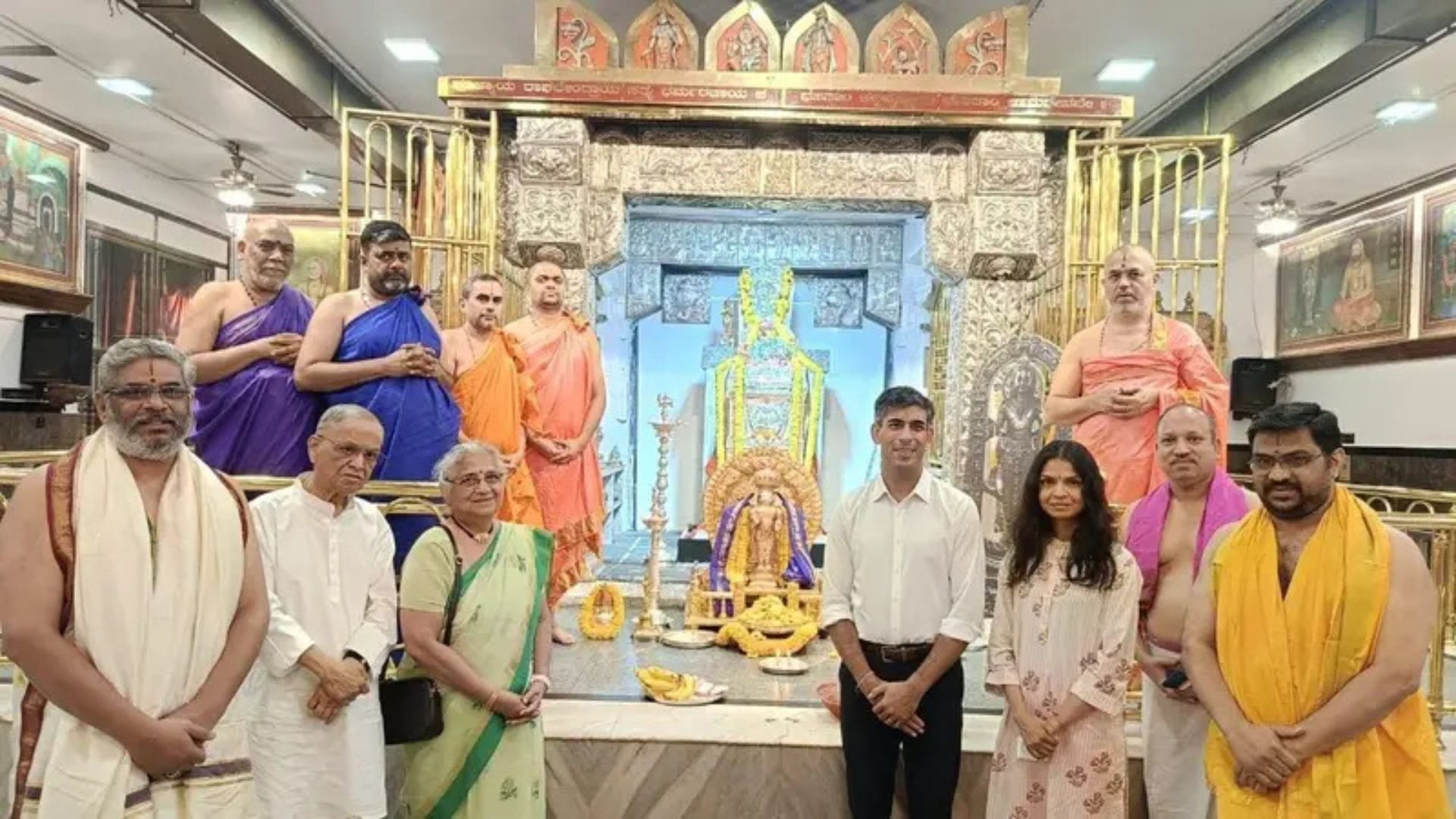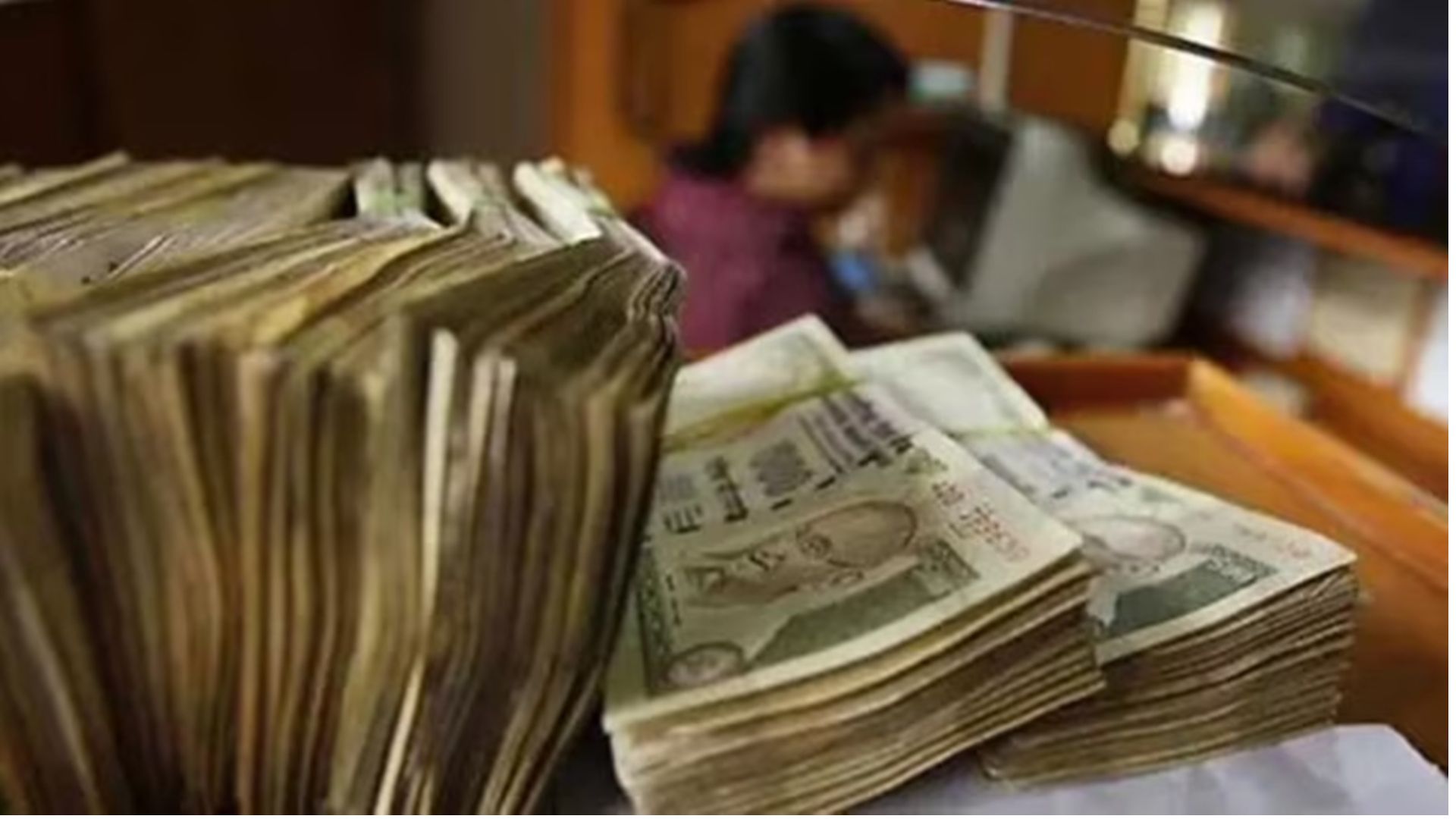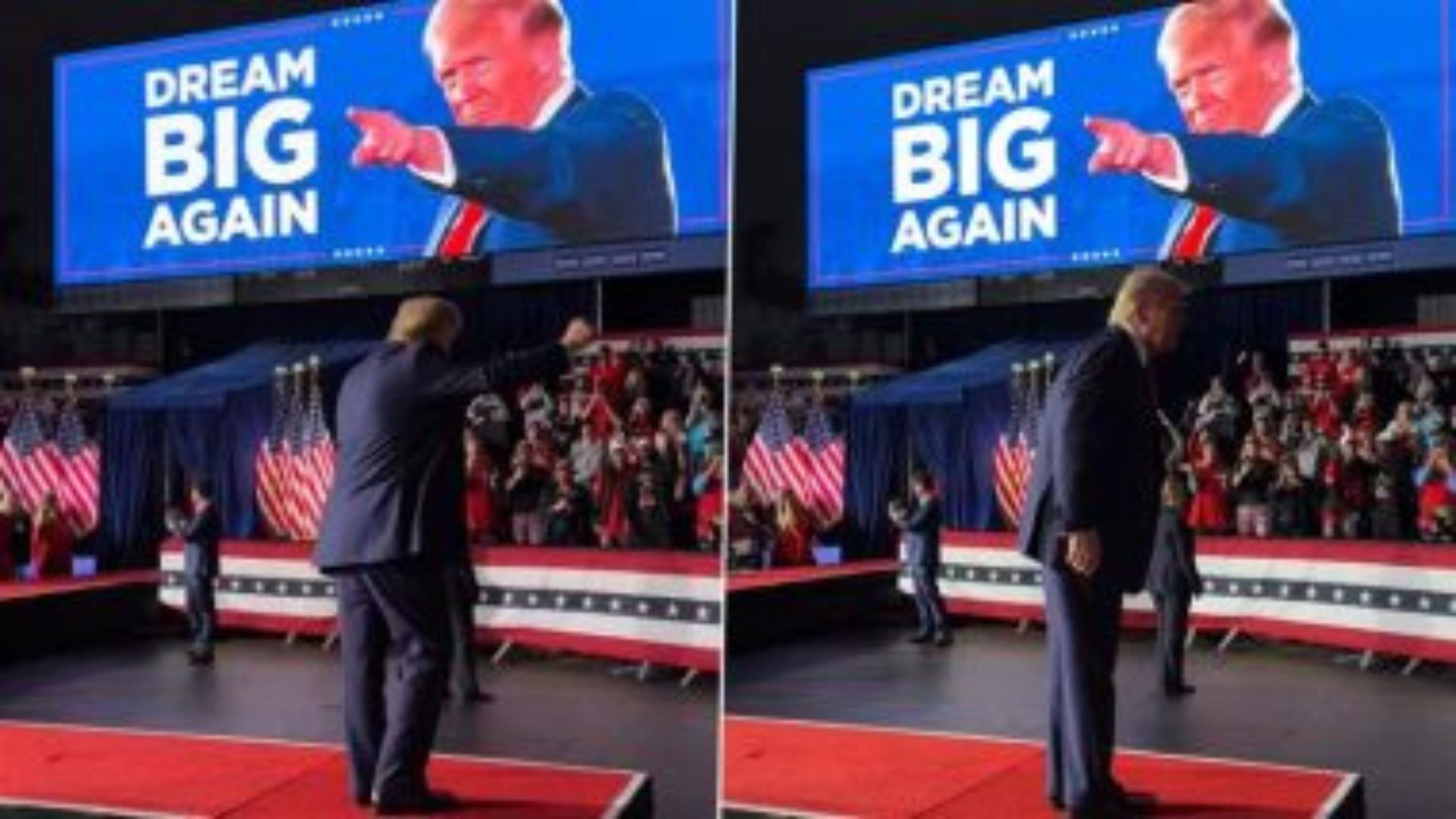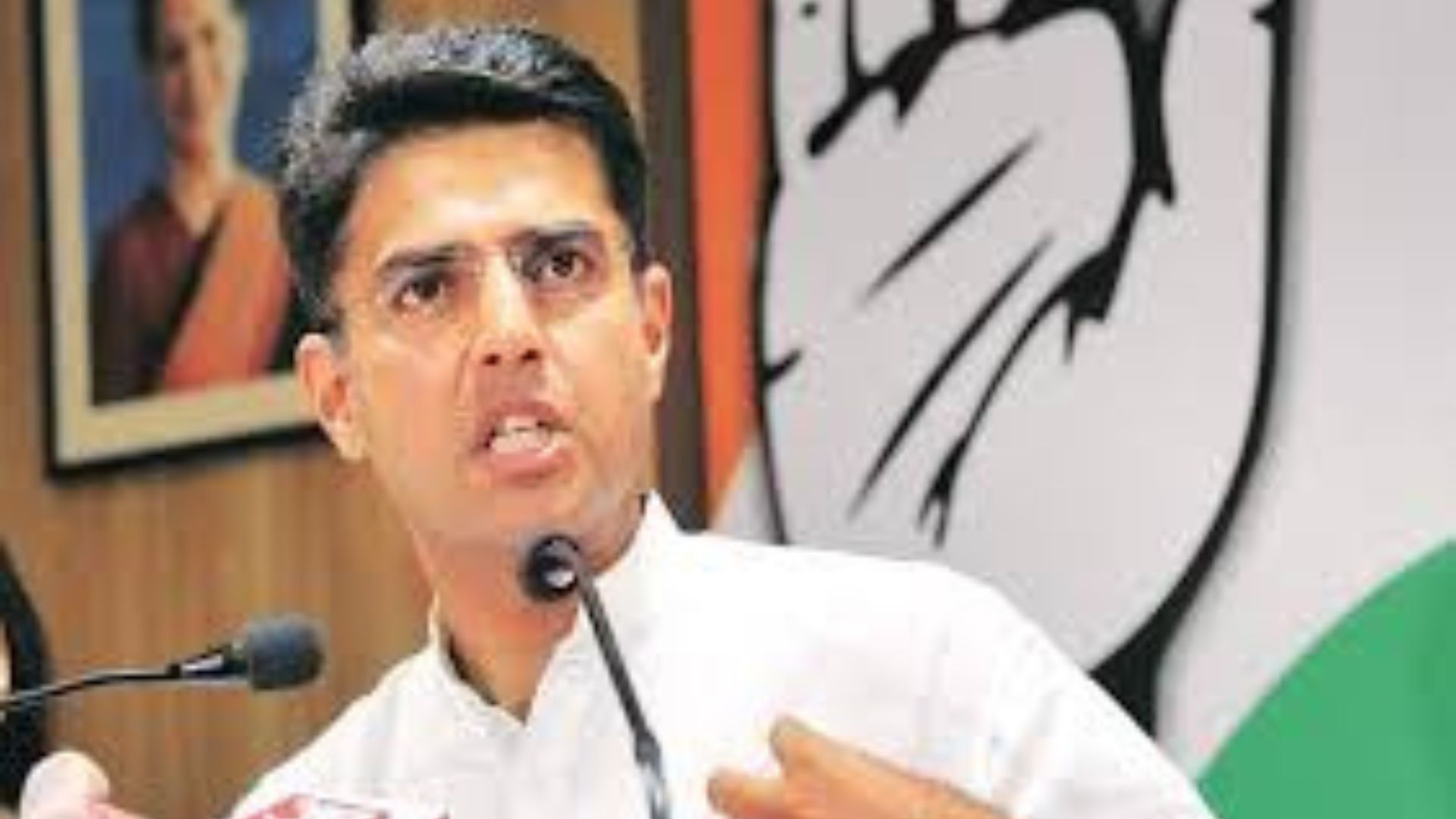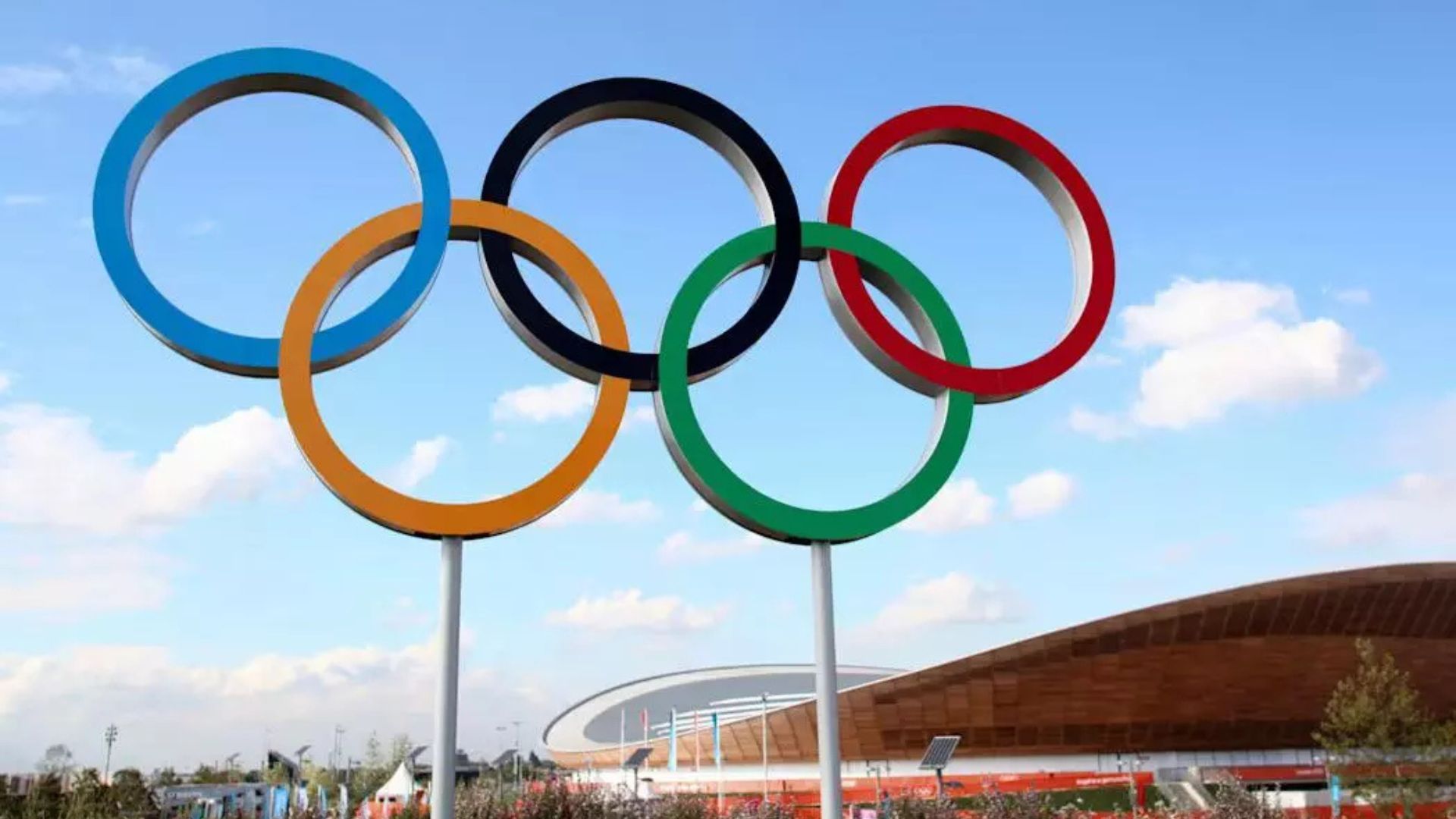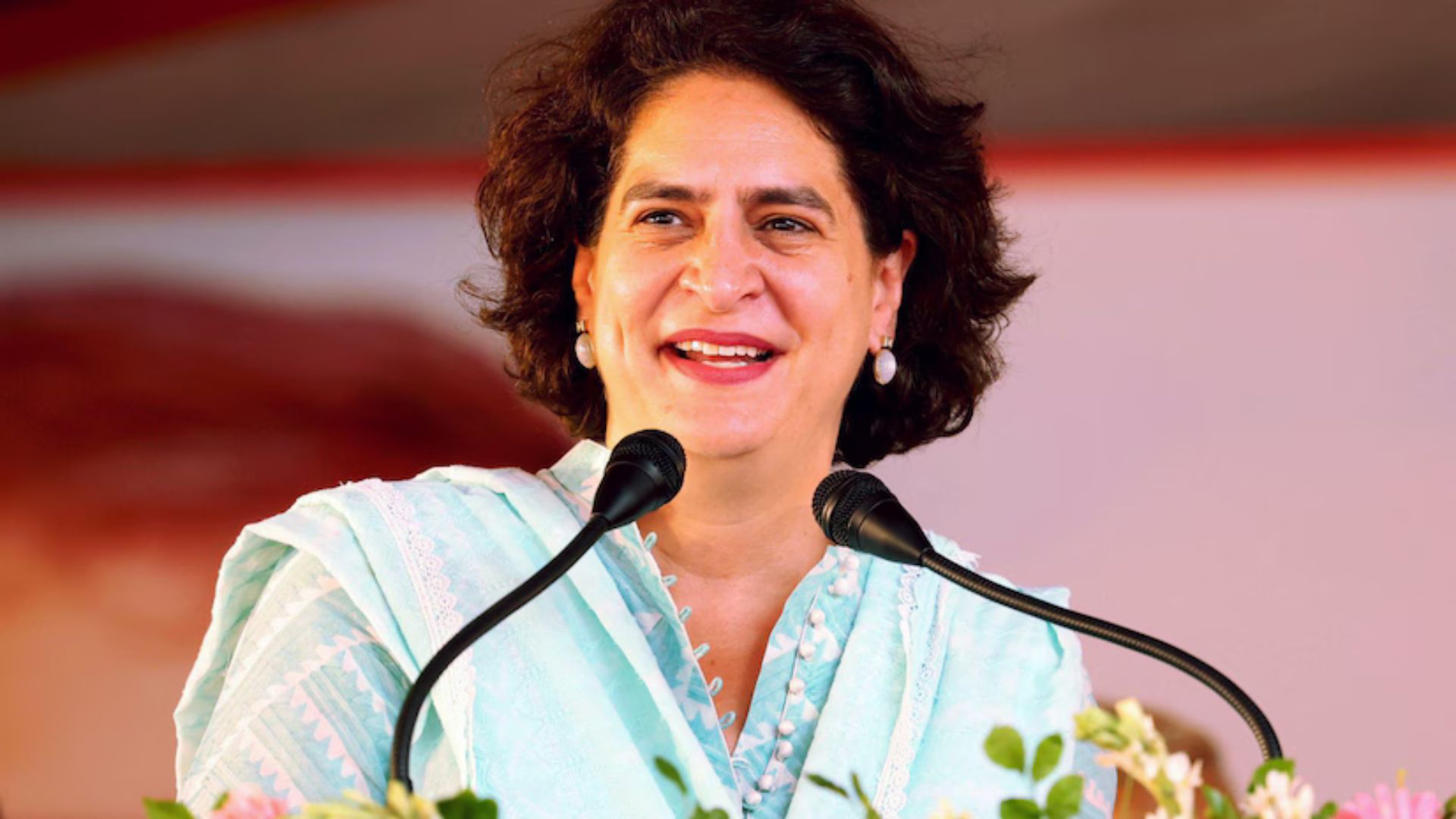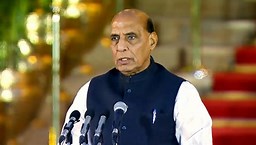
Defence Minister Rajnath Singh is set to embark on a crucial visit to the United States later this month, marking the first high-level trip to Washington after Prime Minister Narendra Modi’s recent visit to Russia. This visit comes at a pivotal time, as India seeks to address delays in key defence projects and expand strategic-military ties with the US.
Key Agendas for the Visit
Rajnath Singh will hold delegation-level talks with US Secretary of Defence Lloyd J. Austin on August 23. The discussions will focus on several strategic areas, including enhanced security cooperation in the Indo-Pacific region, a key area of interest given China’s growing influence in the South China Sea and the Indian Ocean Region (IOR). The visit is also timed with India’s upcoming Malabar naval exercise in the Bay of Bengal, involving the Quad countries — the US, Japan, and Australia.
Addressing Delays in Defence Projects
A significant part of Singh’s agenda will involve addressing the delays in the supply of GE-F404 turbofan engines from US firm General Electric to Hindustan Aeronautics Limited (HAL). These engines are crucial for the indigenous Tejas Mark-1A fighter jets, which have seen delivery delays due to this issue. Singh is expected to discuss ways to expedite this process, ensuring the timely delivery of the 83 Tejas jets contracted by the Indian Air Force under a deal worth Rs 46,898 crore.
Boosting Defence Collaboration and Co-production
During his five-day visit, Singh will also engage with the leadership of major US defence companies to reinforce the “Make in India” initiative. This follows the military-industrial cooperation roadmap finalized between India and the US in June last year, which aims to fast-track technology collaboration and co-production in several priority areas, including aero-engines, ISR systems, and smart munitions.
Ongoing Defence Negotiations
India and the US are currently in the final stages of negotiations for two significant defence deals. The first involves the acquisition of 31 armed MQ-9B drones and associated equipment, with India seeking to finalize the deal by November this year, despite the US’s initial price tag of $3.9 billion. The second deal focuses on the co-production of GE-F414 jet engines for the Tejas Mark-II fighters, with an 80% transfer of technology for around $1 billion.
Strengthening Bilateral Defence Ties
The US is also advocating for the joint manufacture of its latest Stryker armoured infantry combat vehicles in India, reflecting the upward trajectory of the bilateral defence partnership. Since 2007, the US has secured Indian defence contracts worth approximately $22 billion, underscoring the deepening ties between the two nations.
Under the technology collaboration roadmap, India and the US are prioritizing key areas such as air combat, ISR systems, ground mobility, undersea domain awareness, and smart munitions. Singh’s visit is expected to further solidify these ties and advance ongoing projects, reinforcing India’s position as a key player in the global defence landscape.
